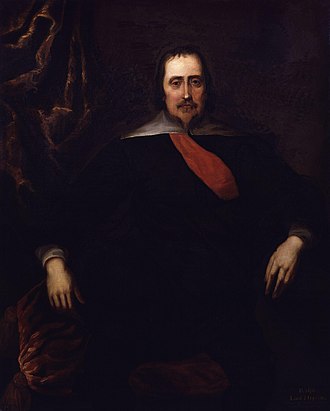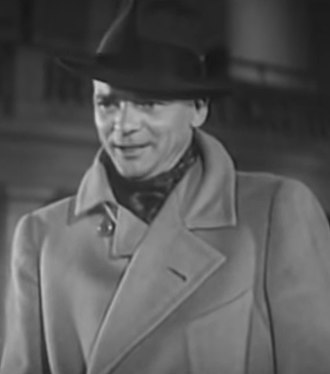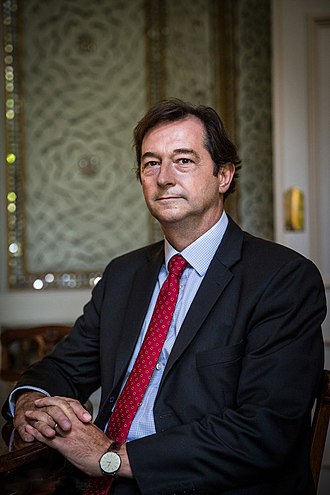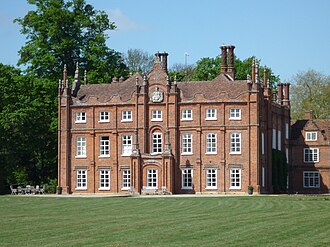Hopton Last Name Origin, History, and Meaning
Where did the surname Hopton come from? What does the surname Hopton mean? Discover the history and meaning of the last name Hopton and family migration on YourRoots Map.
Surname Hopton Origin: What does the last name Hopton mean?
The surname Hopton originated in England during the 12th century, according to YourRoots data. The name has remained closely associated with England from the 12th to the 19th centuries. It is a surname that has a long history in England.
By the 20th century, records with the Hopton surname grew significantly in England. Today, the surname Hopton can still be found in various regions of England, showcasing its enduring presence and historical significance within the country.
Hopton Last Name History: Where did the last name Hopton come from?
Origin of Hopton Surname: Where does the last name Hopton originate from?
According to YourRoots data, the surname Hopton first appeared in records from England during the 12th century. Please note that this reflects only YourRoots data for the exact Hopton spelling and does not include other record sources or surname variations.
History of the Last Name Hopton: What does the Hopton surname history look like in the early days?
The Hopton surname remained closely associated with England from the 12th to the 19th centuries.
Global Spread: Where can we find the Hopton surname today?
By the 20th century, the volume of records with the Hopton surname grew significantly in England.
Explore Hopton last name heritage and Hopton surname origin based on YourRoots Map data
 VIEW THE ORIGIN OF SURNAME HOPTON
VIEW THE ORIGIN OF SURNAME HOPTONFamous People With Hopton Surame?

Ralph Hopton, 1st Baron Hopton
Ralph Hopton, 1st Baron Hopton (1596 – 28 Sep 1652) was an English politician, military officer, and peer known for his role as a Royalist commander during the First English Civil War. He was made Baron Hopton of Stratton in 1643 and served as advisor to future Charles II. A devout supporter of the Church of England, Hopton died in Bruges in 1652, leaving a legacy of honor, integrity, and piety in the historical records.

Russell Hopton
Harry Russell Hopton (February 18, 1900 – April 7, 1945) was an American film actor and director known for his roles in over 110 films from 1926 to 1945. He often portrayed streetwise characters from New York City and even directed films like "Song of the Trail" and "Black Gold." Sadly, Hopton passed away from an overdose of sleeping pills in North Hollywood, California, and was laid to rest at Holy Cross Cemetery in Culver City.

Nicholas Hopton
Nicholas Dunster Hopton (born 8 Oct 1965) is a British diplomat known for his roles as Ambassador to Yemen, Qatar, and Iran, as well as chargé d'affaires in Libya. Educated at St Peter's School, York, and Magdalene College, Cambridge, Hopton joined the Foreign and Commonwealth Office in 1989. He has also worked in Paris, Rome, and Rabat, serving on the national security team and as Private Secretary to the Minister of State for Europe. Hopton made history as the first British ambassador to Iran since 2011. With a wealth of diplomatic experience, Hopton continues to make significant contributions in international relations.

Owen Hopton
Sir Owen Hopton (c. 1519 – 1595) was an English landowner, administrator, and Member of Parliament. He served as the Lieutenant of the Tower of London from around 1570 to 1590. Hopton was known for his kind treatment of Lady Katherine Grey during her imprisonment and organized a proper funeral for her. As Lieutenant of the Tower, he oversaw significant prisoners like the Duke of Norfolk and was involved in government actions against Catholics. Hopton also had a controversial relationship with the Lord Mayor of London. He continued to serve in various parliamentary roles and was active in Suffolk dignitary affairs. Hopton's legacy includes his contributions to English politics and governance.

John Hopton
John Hopton (died 1558) was the final Roman Catholic Bishop of Norwich. He was known for his role in persecuting Protestants during the reign of Queen Mary I. Hopton was appointed Bishop of Norwich in 1554 and was responsible for the burning of over thirty Protestants in Norwich. He passed away in December 1558 and is buried in Norwich Cathedral.
All images displayed on this page are sourced from Wikipedia or Wikimedia Commons.We use these images under their respective Creative Commons or public domain licenses. Wherever applicable, author attributions and license information are provided. If you believe an image is used incorrectly or outside its license terms, please contact us so that we can review and correct the issue.




.png)